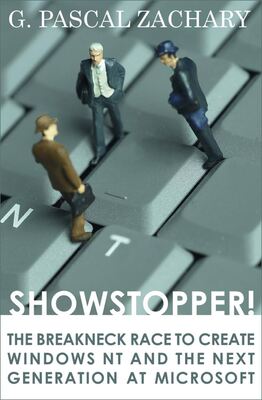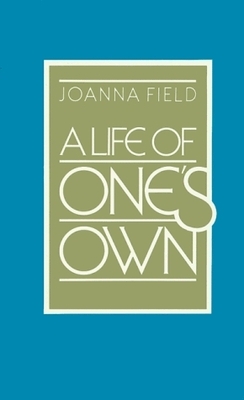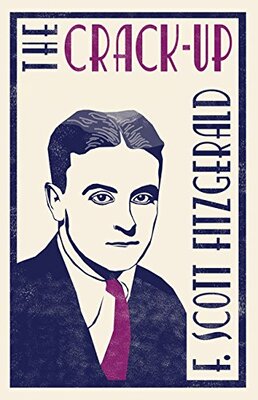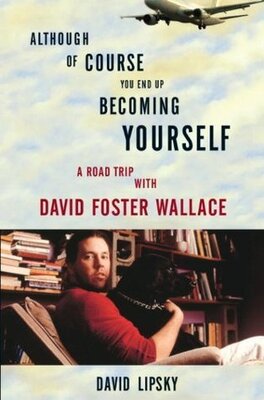
“You work a lot and [think], ‘Oh, gee, I don’t know anybody and the few people I do know are busy. So I’ll work some more.’ You keep working, you know less people, you do less things. Then pretty soon all you have left is work.” Then even work seemed hollow and uncomfortable, becoming a haunted house that maintained a strange hold even as he desperately plotted an escape.
The first thing I noticed was that in certain moods the very simplest things, even the glint of electric light on the water in my bath, gave me the most intense delight, while in others I seemed to be blind, unresponding and shut off, so that music I had loved, a spring day or the company of my friends, gave me no contentment.
I realized that in those two years, in order to preserve something—an inner hush maybe, maybe not—I had weaned myself from all the things I used to love—that every act of life from the morning tooth-brush to the friend at dinner had become an effort. I saw that for a long time I had not liked people and things, but only followed the rickety old pretense of liking. I saw that even my love for those closest to me was become only an attempt to love, that my casual relations—with an editor, a tobacco seller, the child of a friend, were only what I remembered I should do, from other days.
I’m not biochemically depressed. But I feel like I got to dip my toe in that wading pool and, um, not going back there is more important to me than anything. It’s like worse than anything—I don’t know if you’ve had any experience with this. It’s worse than any kind of physical injury, or any kind of—it may be what in the old days was called a spiritual crisis or whatever. It’s just feeling as though the entire, every axiom of your life turned out to be false, and there was actually nothing, and you were nothing, and it was all a delusion. And that you were better than everyone else because you saw that it was a delusion, and yet you were worse because you couldn’t function. And it was just, it was just horrible.


